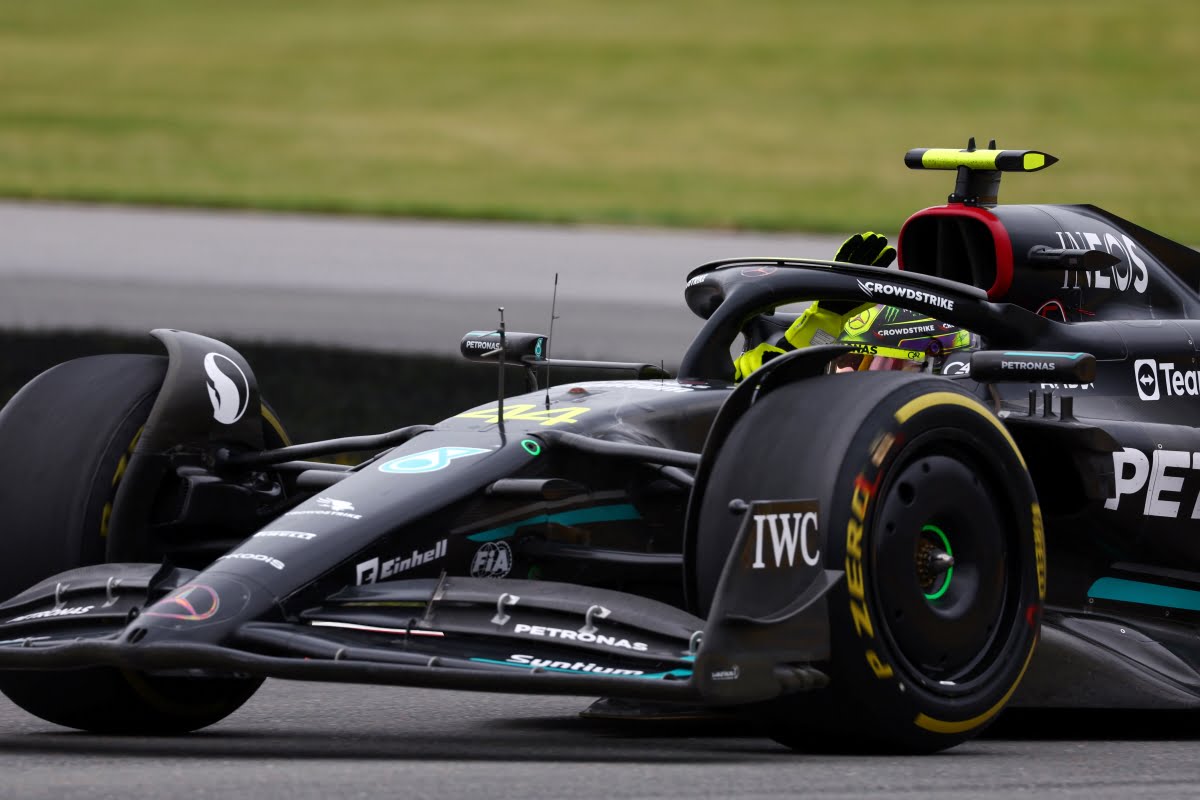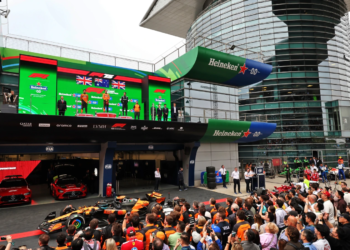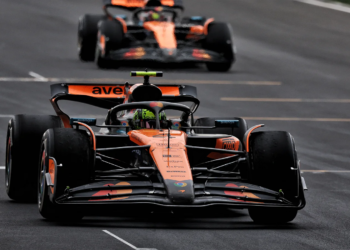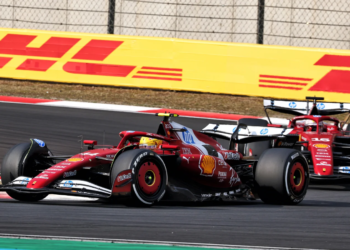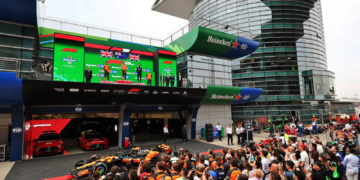Mercedes boss Toto Wolff has denied that Lewis Hamilton’s choice to depart for Ferrari next year is related to upholding any discontent with the team’s 2024 Formula 1 car.
Mercedes had dominated F1 upon the switch to V6-turbo hybrid engines in 2014, with Hamilton becoming a seven-time champion as well as logging over 100 race victories.
The Briton has not stood on the top step of the podium since December 2021, though, amid the German marque’s struggles since the return to ground effect cars in 2022.
The eight-time Constructors’ champions are bidding to return to a more competitive standing in the upcoming season with a revamped design on its W15 challenger.
However, Hamilton’s decision to leave the team prompted rumours that Mercedes’ latest attempt at the current regulations had triggered him to lose faith in the group.
But when encouraged to respond to such claims with a question on whether Hamilton had driven the new car on the simulator yet, Wolff told selected media: “Today”.
The origin of the troubles Mercedes has endured can be traced back to the development of the ‘zeropod’ solution right from the beginning of the current rules cycle.
Having opted to retain the concept at the start of last season before a reversal, Hamilton voiced his disapproval that changes he’d requested hadn’t been made.
Hamilton’s impending move has drawn parallels to when he traded McLaren for Mercedes one year before the 2014 overhaul that delivered him such immense success.
However, Wolff has denied that a discussion over either side’s prospects for the all-new 2026 technical regulations had been a talking point during their recent meeting.
“We didn’t talk about whether the opportunity was better there [at Ferrari] or with us because I don’t think you can say,” he said.

As the search for Hamilton’s replacement to partner George Russell begins, Wolff has vowed that Mercedes will win again in the absence of the seven-time World Champion.
And while the Brackley squad will be unable to source an alternative with Hamilton’s experience and expertise, Wolff believes that a driver’s input should not be overestimated.
“The car is being developed in the team with a lot of science and a lot of data, and the driver gives us guidance of what he feels in the car and this is being dissected,” he noted.
“This is then decided on whether it happens or not. We mustn’t underplay nor overplay the input of the driver and the development of a car.”

